Latest Comments
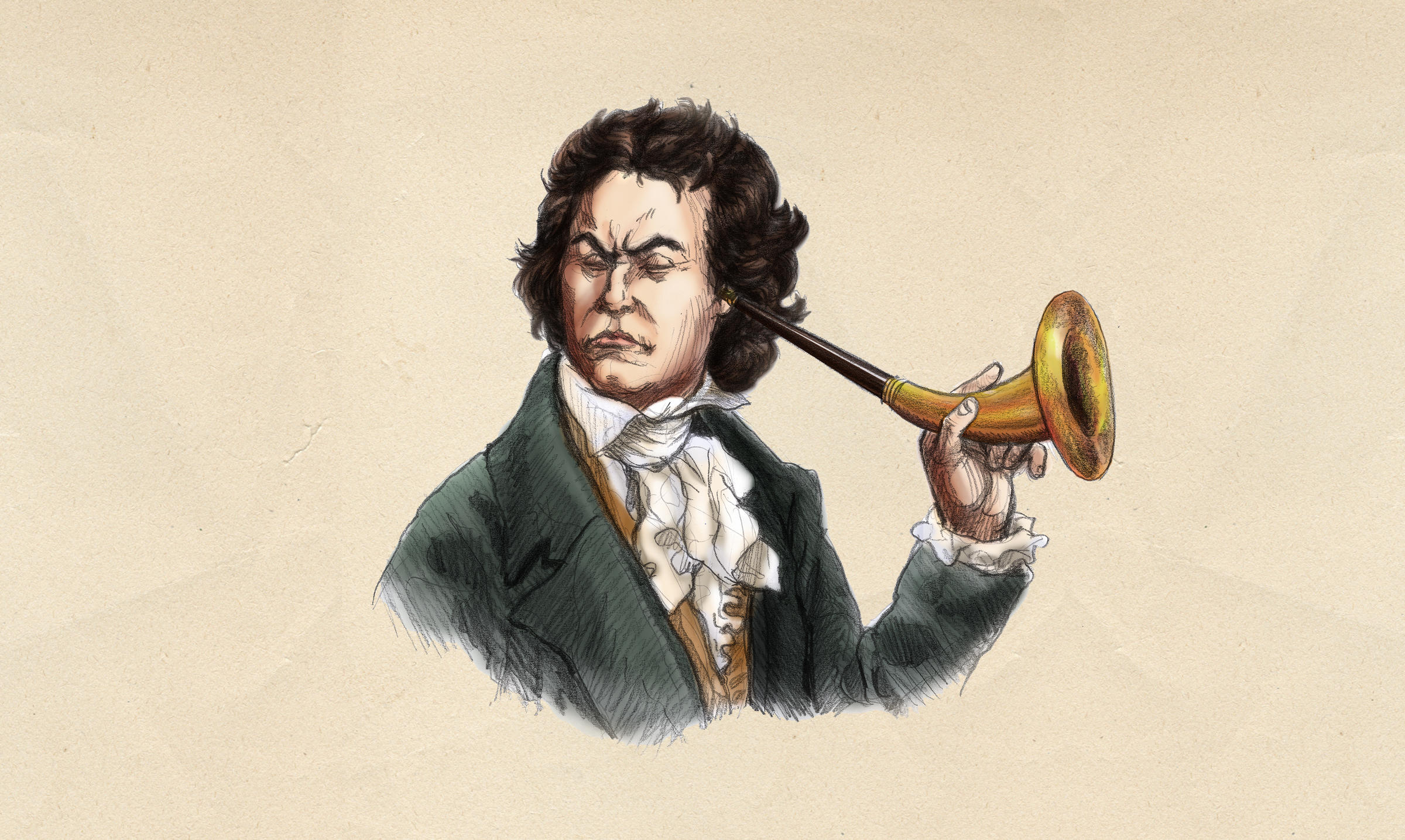
The Story Behind Beethoven’s Bagatelle
When one thinks of Ludwig van Beethoven, grand symphonies and powerful sonatas often come to mind. But this remarkable composer also created a piece that,[…]

The Story Behind Bach’s Toccata and Fugue
The Toccata and Fugue in D minor, BWV 565, stands as one of the most recognizable and celebrated compositions in Western classical music. Composed by[…]
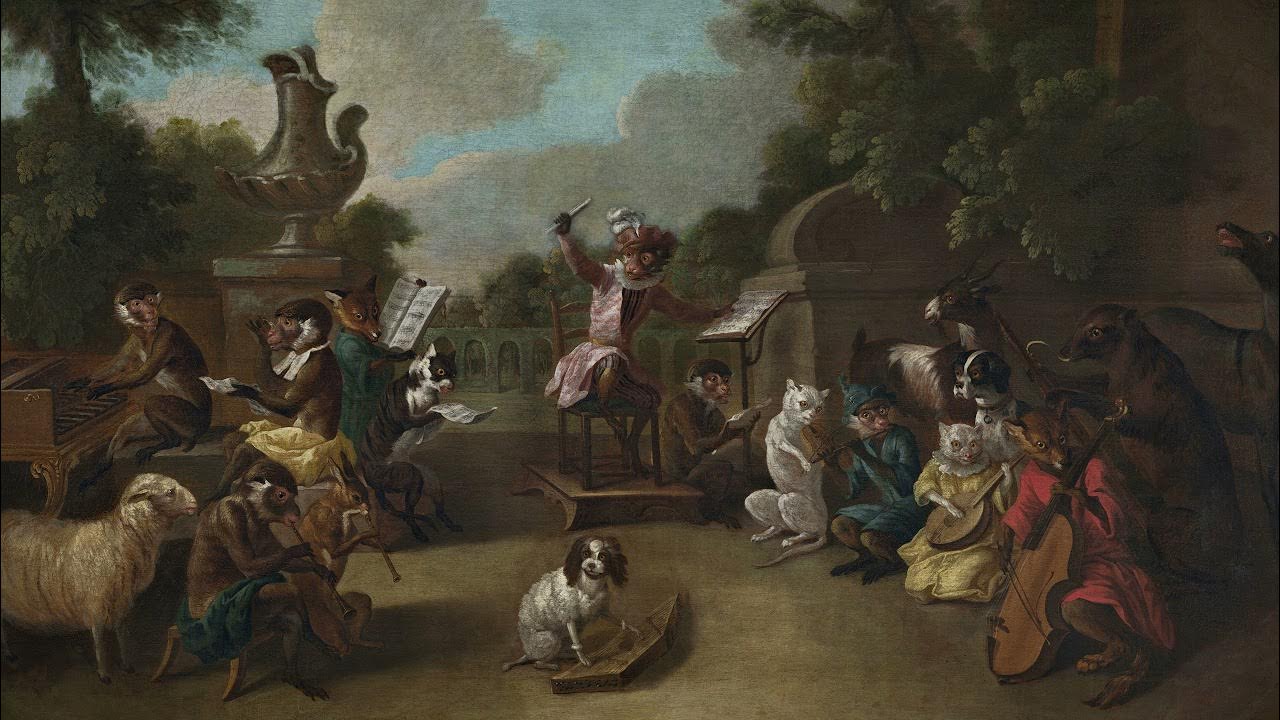
5 Fascinating Facts about Angelo Ragazzi
Angelo Ragazzi may not be as widely known as some of his Baroque contemporaries, but his unique life story and contributions to music are full[…]
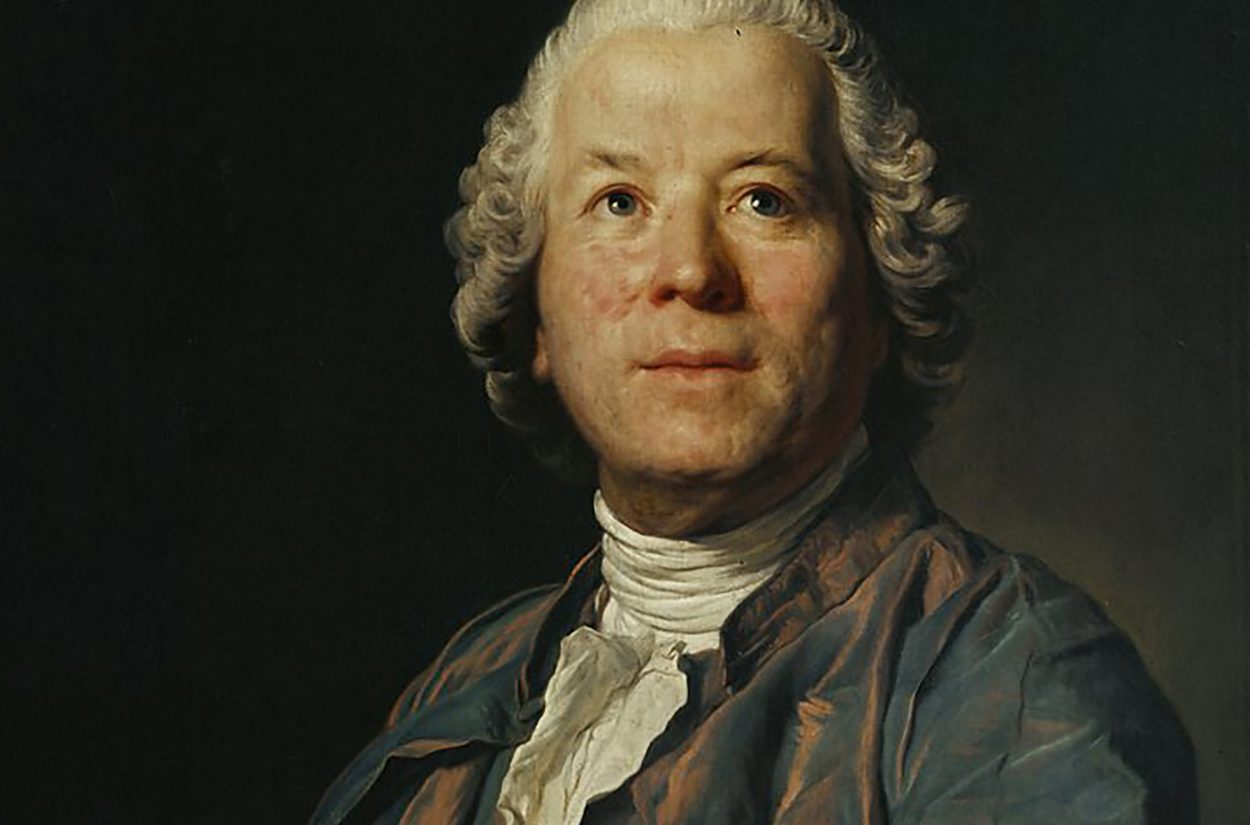
The 5 Best Compositions by Christoph Willibald Gluck
Christoph Willibald Gluck (1714–1787) is celebrated as a transformative composer who redefined opera in the Classical period, bridging the gap between Baroque traditions and more[…]
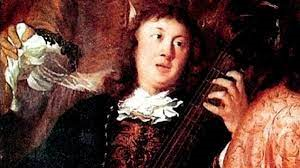
5 Fascinating Facts about Dietrich Buxtehude
Dietrich Buxtehude (1637–1707) was a renowned Baroque composer and organist who significantly influenced the musical world. Although much of his life remains shrouded in mystery,[…]

Top 10 Arcangelo Corelli Songs
Arcangelo Corelli (1653–1713) was an Italian violinist and composer who profoundly influenced the development of the violin and the Baroque musical style. His works are[…]

Top 10 Angelo Ragazzi Songs
Angelo Ragazzi (1680–1750) was an Italian Baroque composer and violinist whose works, while not as widely recognized as some of his contemporaries, display remarkable artistry[…]
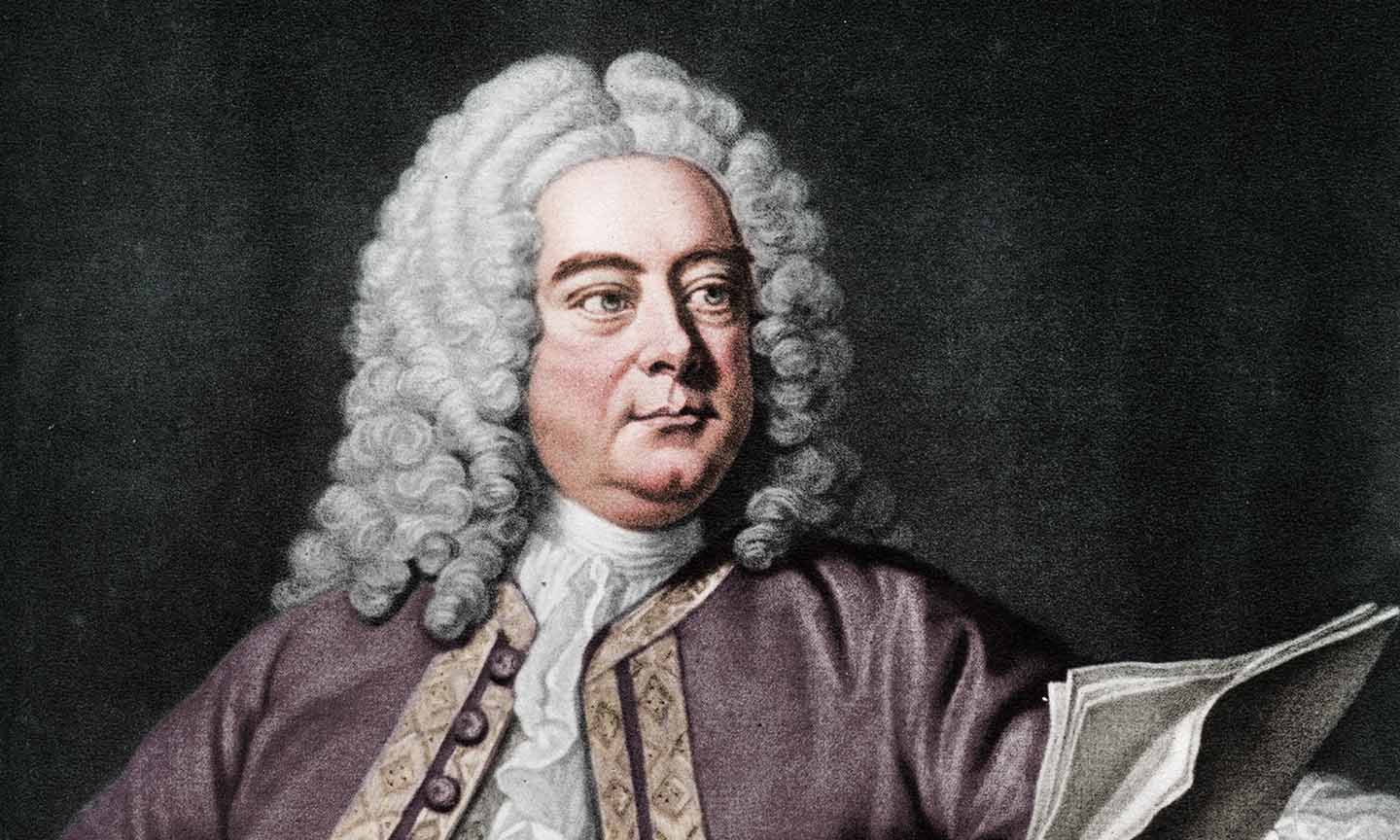
5 Fascinating Facts about Händel
Georg Friedrich Händel, one of the most celebrated composers of the Baroque era, is best known for his operas, oratorios, and concertos. His music has[…]

Top 10 Händel Songs
Georg Friedrich Händel, one of the Baroque era’s most celebrated composers, left an indelible mark on the world of music. Born in Germany but spending[…]
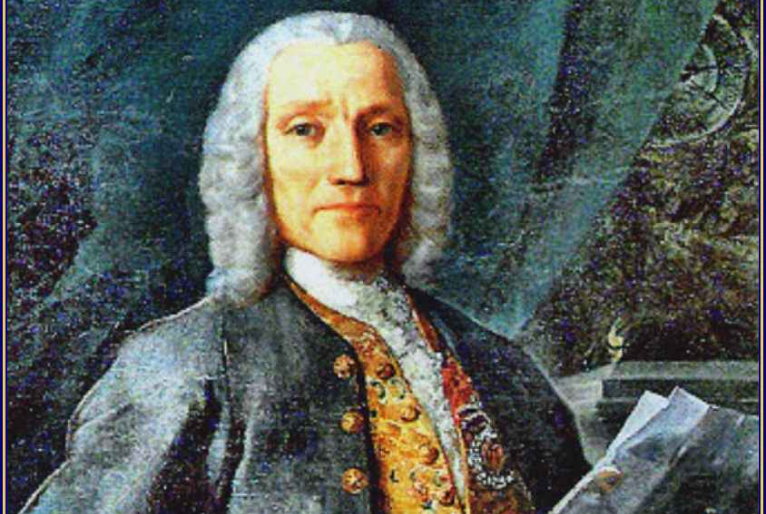
Top 10 Scarlatti Songs
Domenico Scarlatti (1685-1757) was a Baroque composer whose prolific output includes over 550 keyboard sonatas, which are considered some of the most significant works in[…]
© 2025 Top Classical Music. Created with ❤ using WordPress and Kubio